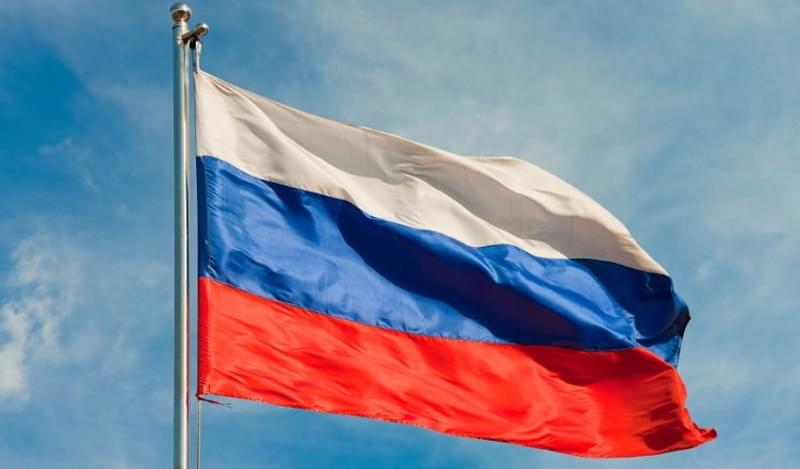There has been a recent increase in the interest of Russian corporates in issuing foreign-denominated debt, with both steel maker NLMK and steel and mining company Evraz, amongst others, looking to issue new paper according to Alexander Sychev, Analyst at Rosbank.
The former of the two companies has already issued tender offers for loan participation notes due in 2018 and 2019 worth US$800mn at 4.45% and US$500mn at 4.95% respectively.
“Russian corporates are looking to tap the markets in the coming weeks and months to buy back outstanding debt,” Sychev stated.
Sergey Dergachev, Senior Portfolio Manager of EM Debt at Union Investment Privatfonds GmbH noted that the majority of the proceeds from Russian corporate Eurobond issuances are for debt buybacks.
Although the Russian sovereign issued a US$1.75bn Eurobond last month, the sudden interest from Russian corporates in accessing foreign capital is not connected to the former’s issuance.
“There are no substantial links between the willingness of corporates to borrow and success of Russian sovereign’s issuance,” Sychev noted.
He stated instead that lower yields on dollar-denominated debt have provided an opportunity for corporates to refinance existing hard-currency debt at appealing rates, adding that Russian corporates have seen an opportunity because yields are low, coupled with the fact that there is no guarantee that the Fed will not start to hike rates soon.
A Senior Fund Manager based in Zurich added that although they expected increased debt issuance to come from Russian corporates in the coming months, it was not as a result of the sovereign’s bond.
“Resilient oil prices hovering at around US$50 per barrel (currently US$50.98 per barrel) and the scarcity of Russian Eurobond paper (meaning increased external demand) will drive corporate issuance in the near future.”
However, the scarcity of Russian Eurobond paper is not likely to change soon according to Dergachev. “Generally speaking, their appetite for increasing Eurobond funding is not that tremendous.”
He added that Russian corporates have benefited from de facto closed capital markets (due to sanctions), and have as such been able to significantly de-leverage themselves. “Nowadays most Russian BBB/BB rated companies have a lower leverage than the majority of their DM and EM peers.”
However, despite attractive rates it appears that aside from NLMK few corporates will come to the markets this year.
“Overall, I do not think we will see a huge pipeline of Russian deals coming this year. However some deals are very likely; I do think Lukoil and Gazprom could come to the market in the second half of 2016,” Dergachev said.









